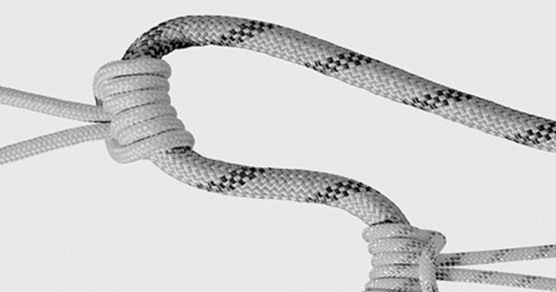10th i-Rec Student Competition | « BETWEEN TRADITION AND INNOVATION | What must change and what mustn’t in the face of disasters and climate change? »
18 nov. 2021 - 1 mars 2022
Announcement from Oeuvre durable :
« Disasters are tangible proof that something needs to change in urban settings and the built environment. But the aftermath of a disaster is also a time to reflect on tradition, history, identity, memory, and cultural meaning. Disaster victims often feel a sense of loss in the face of destruction to their urban spaces and landmarks, and disruptions to their rituals, livelihoods, and traditions. Meanwhile, climate change is forcing us to reconsider our individual and collective behaviours. Many of them need to be changed to avoid additional global warming and reduce vulnerabilities. Some traditional means of production and construction, lost under the pressure of current economic systems, must be recovered if these goals are to be reached.
Disasters and climate risks therefore provide an ideal opportunity to examine change. Innovation is needed to avoid replicating the social and environmental injustices that lead to destruction and losses. But some traditions, and consideration for people’s attachment to community, territories, and their history, are also crucial to reducing vulnerabilities.
Innovation can help us solve some urgent problems. But many of these problems are caused precisely by rapid disruptive changes. For some, technological innovation is the best answer we have. For others, it is the very cause of the vulnerabilities that need to be reduced.
The “uberization” of labour, and other forms of technological control over production and services, are creating social tension in many countries. The growing power of tech corporations is unsettling governance mechanisms and structures. While we are increasingly dependent on technology, our addiction to disruptive innovation is creating new risks. Globalization and the appeal of new technologies are eroding traditions and challenging social values in both rich and poor nations. Climate change is leading authorities to consider radical relocation of communities at risk. But those directly affected sometimes prefer permanence in their territories and continuity in their livelihoods and ways of living. Neoliberal policy promotes change, but destroys livelihoods and local means of production, while weakening institutions. Worldwide, people are losing a sense of pride in craftsmanship and manual labour.
In sum, we are all struggling with the notion of change. This competition invites students to reflect on the value and risks associated with disruptive transformation. It invites them to assume and explain ethical stances regarding change before or after disasters, in their own cities, countries, or territories.
What must change to reduce vulnerabilities and reduce risk? What must remain? What is the role of innovation after disasters and in climate change action? Why is it important to consider traditions, identity, and rituals when proposing responses to radical change? How can they be preserved?
To answer these questions, it is crucial to identify the actors involved, as well as their wishes, needs, and expectations. Responses must also consider available resources, cultural practices, and local traditions, as well as the immaterial implications of reconstruction. They should propose an approach to reconstruction that is not only physical but also social and relational.
Organised by: The disaster resilience and sustainable reconstruction research alliance
- 1st prize 2000$ CAD
- 2nd prize 1000$ CAD
- 3rd prize 600$ CAD
Competition brief attached here. For more information please contact Mauro Cossu mauro.cossu@umontreal.ca . Deadline for expression of interest is March 1st 2022. »
To read the competition brief…
Publié le 19 novembre 2021
